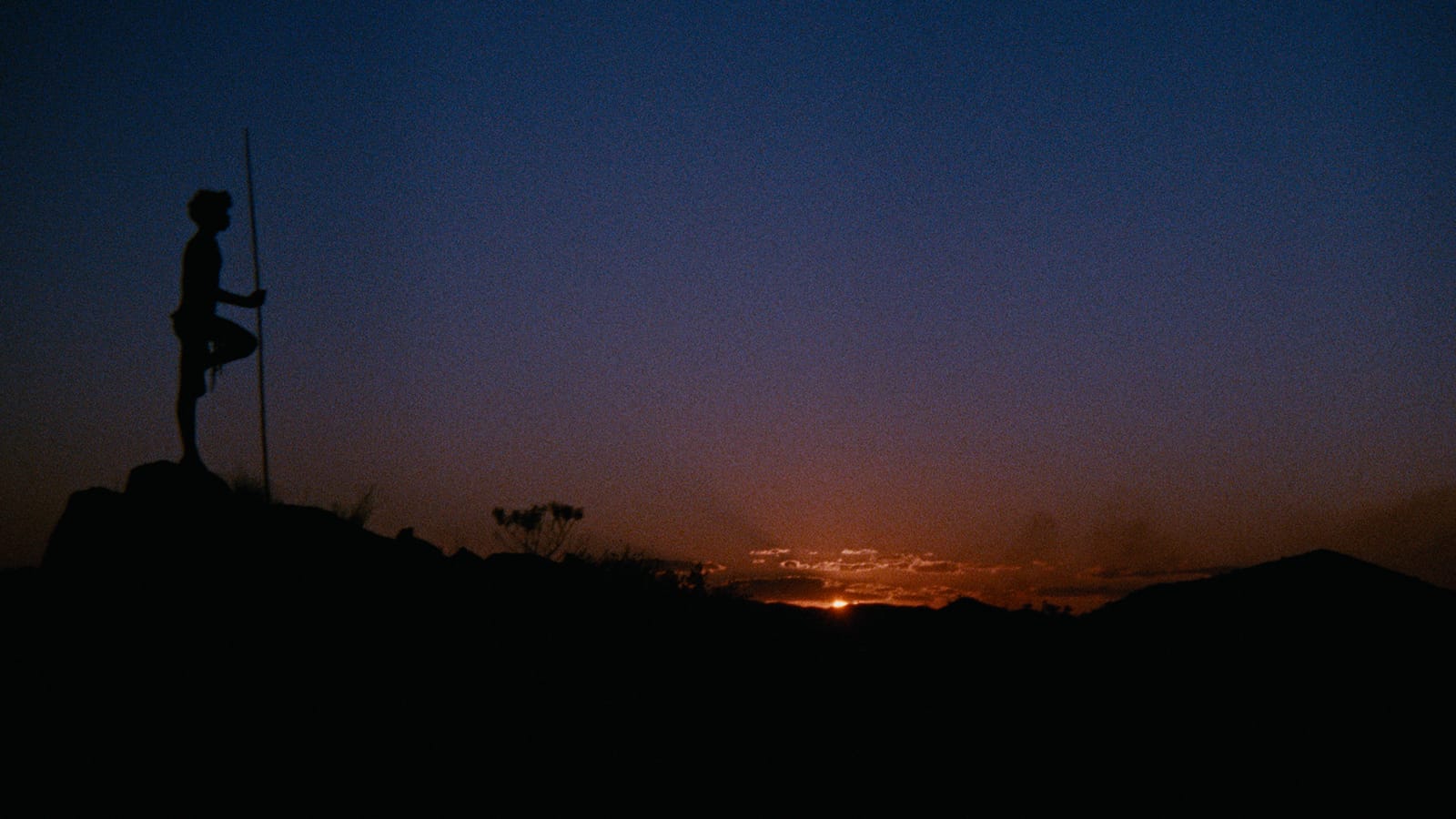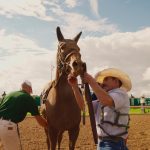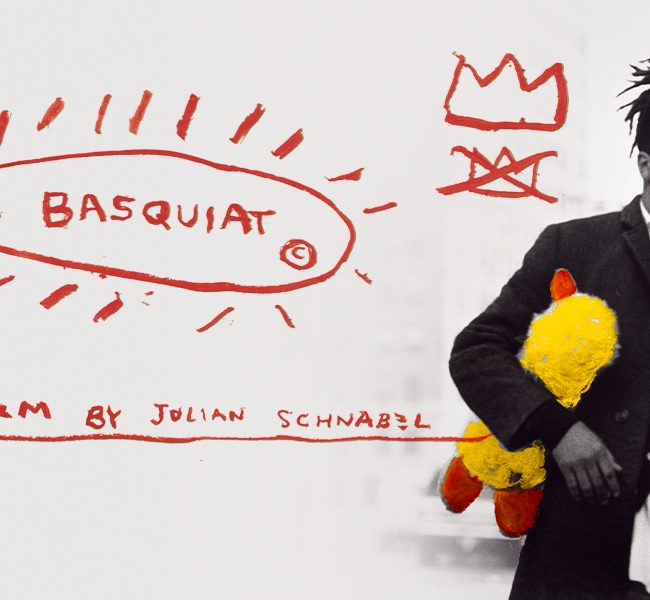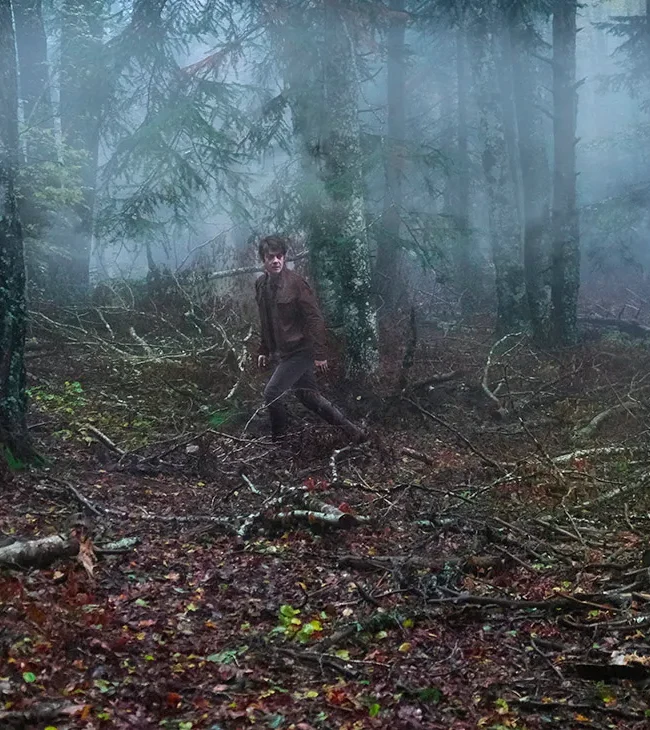THE CURBSIDE CRITERION: WALKABOUT

(Here at Hammer to Nail, we are all about true independent cinema. But we also have to tip our hat to the great films of yesteryear that continue to inspire filmmakers and cinephiles alike. This week, Jonathan Marlow travels into the dusty Australian outback with the Criterion 4k Blu-Ray release of Nicolas Roeg’s Walkabout.)
“In Australia, when an Aborigine man-child reaches sixteen, he is sent out into the land. For months he must live from it. Sleep on it. Eat of its fruit and flesh. Stay alive. Even if it means killing his fellow creatures. The Aborigines call it the WALKABOUT. This is the story of a WALKABOUT.” [pre-credit title-card]
Criterion, in parallel with its sibling Janus, is clearly known for its releases of some of the greatest films ever made. There are occasional exceptions—Equinox (1970), for instance, much as I adore its low-budget eccentricities—but, persistently, the notion holds. Among the greatest of these greats, arguably, is the astonishing solo feature-length directorial debut of Nicolas Roeg (following his co-direction of the legendary Performance with the equally talented Donald Cammell).
Loosely adapted from the novel The Children by Donald Payne (writing as James Vance Marshall), the Edward Bond screenplay cunningly deviates in significant and substantial ways that add layers of meaning lingering dormant in the book. In Australia, a continent / country largely hostile to humanity and yet humans persist, a family expedition into the outback devolves into a horribly wrong situation (a land-based deviation from an airplane crash, as in the novel), although not as “horribly wrong” as intended. A young-woman of sixteen, played by Jenny Agutter, and her brother of six-and-a-half, credited Lucien John (aka Luc Roeg, son of the director), are forced to survive in the wild. Fortunately for them, they encounter a young man, portrayed by David Gulpilil, on an aforementioned walkabout and his assistance is essential in their efforts to return home.
Arguably, the majority of coming-of-age films are tortuous endeavors, full of unearned drama and pathos surrounding the transition of their respective protagonists from childhood to young-adulthood. Walkabout’s moments of budding sexual awakening and tension are unusually believable due in large part to its imaginative editing and exquisite visual compositions (benefiting from Roeg’s extensive experience as a cinematographer, magnificently displayed in one of Roger Corman’s Poe-pictures, The Masque of the Red Death, along with stunning work on Far From the Madding Crowd and Farenheit 451, among others). An able auditory assist arrives in the form of one of the most wonderful film-scores composed by John Barry (in a career full of standouts), lushly incongruous to much of the occasionally ferocious imagery. On initial listen, the lilting “Back to Nature” theme from the soundtrack seems suited for an entirely different sort of film. It is part of Barry’s mastery that he threads this melody to the fantastical elements of the tale. Fantasy, indeed? At no point, for instance, are the British accents of the children ever questioned.
What are they even doing in Australia? Nor the symbolic shift in events, from novel-to-screenplay, that conclude the second act and initiate the third [SPOILERS ahead; skip ahead to the next paragraph, if need-be]: the death-by-infectious-disease in the book transforms into a confounding suicide. The former, a statement of unintended consequences. The latter, itself, more allegorical than plausible, reinforced by a conclusion set years-later as a period for reflection on this long-lost period of innocence.
Walkabout, in essence, exists at the intersection of narrative filmmaking and pseudo-documentary, regularly evoking a naturalist view of the unmistakable Australian landscape and its unique wildlife. Gulpilil’s courtship dance, for instance, is his own invention, resembling something realistic that isn’t particularly real at all. However, nothing seen is incidental. Everything was created for the screen yet Roeg’s handling of the material puts the viewer in a position of witnessing events that, at times, seem purely observational. Perhaps the reasoning that Walkabout transcends the usual issues with coming-of-age pictures is that it simultaneously resides in the fish-out-of-water genre as well. Two proverbial fish, admittedly, along with parallel coming-of-ages and that takes a strikingly good tale and makes it great.
Walkabout is further remarkable in its poignant portrait of a place (as much of a character as its protagonists) and, like the similarly stunning Wake in Fright, handled more-than-ably by an outsider. Granted, there are numerous grand Australian films by Australian filmmakers and, if there is any nominal doubt, the works of Rolf de Heer, Tracey Moffatt, Peter Weir, Gillian Armstrong and George Miller (on occasion), among many others, would be a swell place to start.
The film closes with a partial reading of A.E. Houseman’s apt poem, “A Shropshire Lad”:
“Into my heart an air that kills / From yon far country blows: / What are those blue remembered hills,/ What spires, what farms are those? / That is the land of lost content, / I see it shining plain, / The happy highways where I went / And cannot come again.”
[As usual, the Criterion Collection release has an assortment of extra: a commentary-track from director Nicolas Roeg and actor Jenny Agutter (recorded by Mark Rance, presumably for the Laserdisc release way-back-when), interviews with actors Agutter and Luc Roeg and a documentary on the life of actor David Gulpilil.]
Indigenous people are advised that Walkabout includes images and recordings of deceased persons.
Walkabout (1971)
dir. Nicolas Roeg [100min.] Criterion Collection / 20th Century Fox
— Jonathan Marlow (@aliasMarlow)











